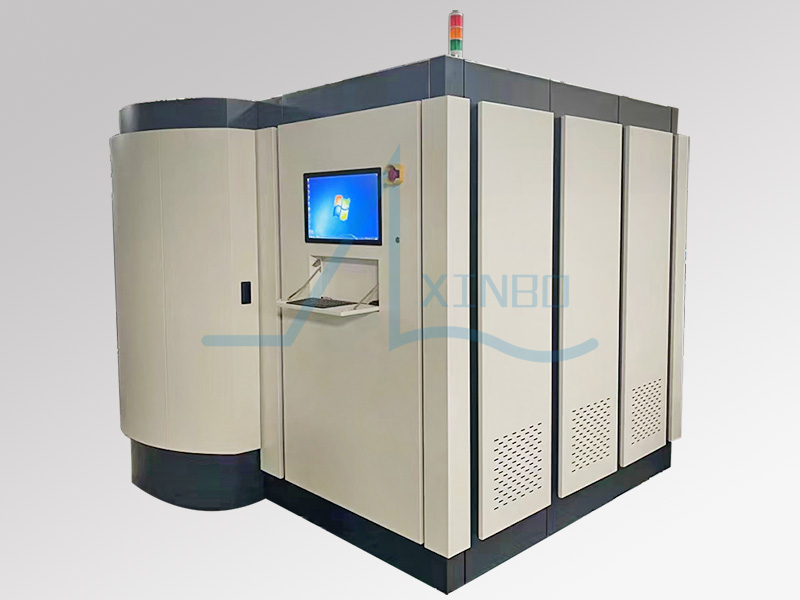WMS (Warehouse Management System) is a software solution specially used to optimize warehouse operations. It improves work efficiency, reduces error rates, and enhances visibility of inventory flows by automating inventory management processes. WMS system usually contains a series of functional modules, which are designed to support various activities in the whole supply chain process from goods warehousing to delivery.
The main functions of WMS include:
Inventory management: by tracking the inventory level in real time, ensure that the inventory is accurate and can replenish the shortage materials in time.

Order processing: The automated order picking process can reduce human errors and speed up order processing.
Receiving and warehousing: when goods arrive, the system will automatically record and arrange storage locations.
Picking and packaging: optimize the picking path, reduce the walking distance of picking personnel in the warehouse, and improve the picking efficiency.
Delivery and distribution: ensure that the correct goods are sent to the correct address, and track the transportation status.
Return Management: provides a return processing process to ensure that returned items can be quickly reclassified or processed.
Workforce management: monitor employees' performance, assign tasks, and provide performance feedback.
Reporting and analysis: generate key indicator reports to help managers make better decisions.
Advantages of WMS:
Improve accuracy: reduce errors in manual data entry through barcode scanning or RFID technology.
Enhanced visibility: Provides real-time views of inventory, order status, and warehouse activity.
Cost reduction: reduce labor costs and avoid storage costs caused by excessive inventory.
Improve customer satisfaction: fulfill orders faster and more accurately, improve delivery speed and service quality.
Application scenarios of WMS:
WMS is widely used in retail, manufacturing, third-party logistics service providers and other industries. With the development of e-commerce and the increasing demand for warehouse management, WMS has become an indispensable technical tool for many enterprises.
Conclusion:
With the progress of technology, the modern WMS system is not limited to the traditional warehouse management function, but may also integrate advanced technologies such as the Internet of Things (IoT), artificial intelligence (AI) to further improve its performance. WMS has become an important part of optimizing supply chain management, helping enterprises to achieve lean and intelligent warehouse operation mode.









